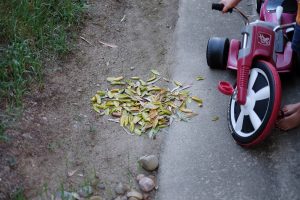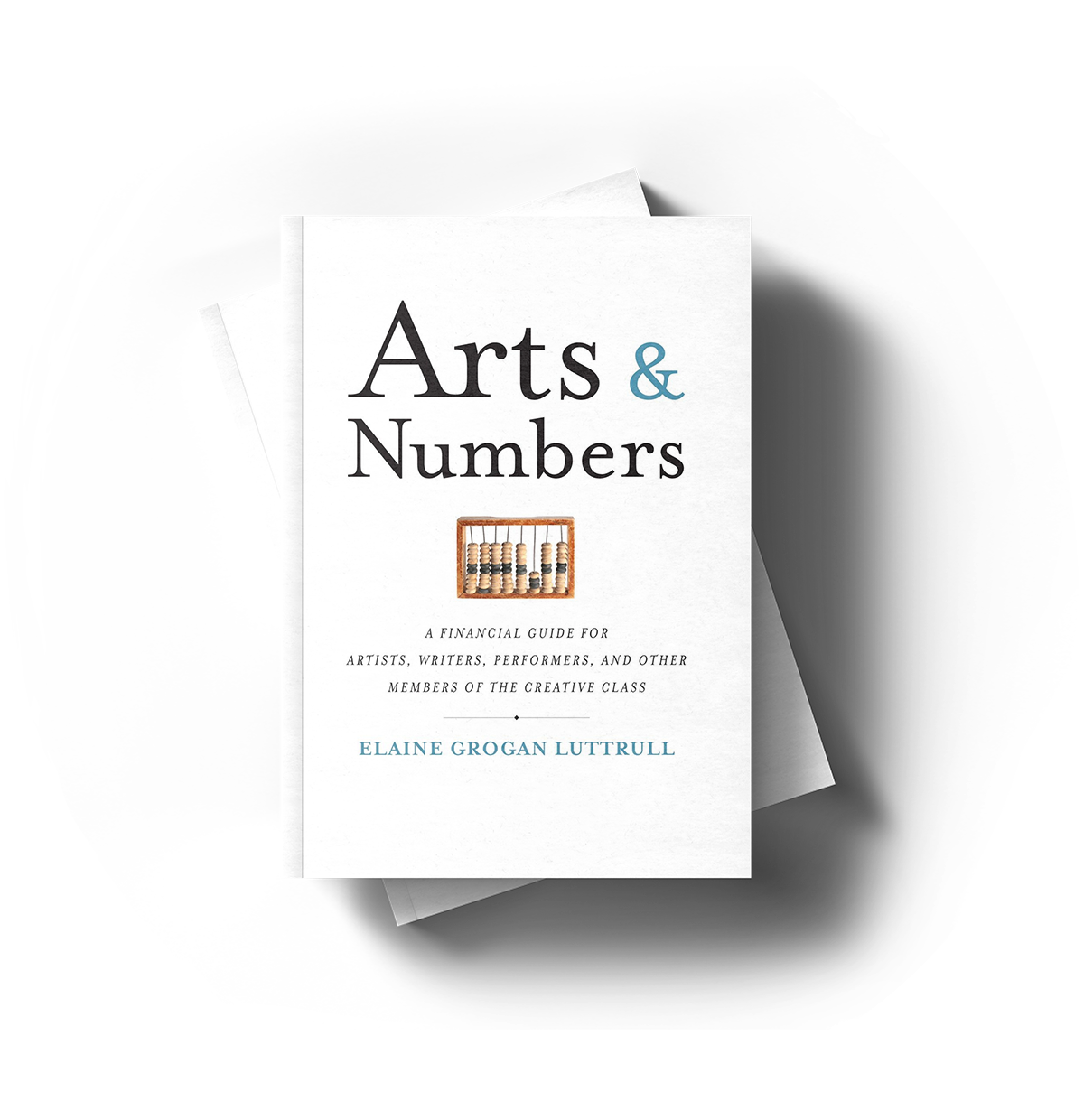December 12, 2018 • Open Account
In Open Account, Hannah Stephenson profiles artists, sharing their financial and creative memories, successes, and challenges.
 “When I see something that matters to me, I just want to tell people about it.” So says Mike Sakasegawa when I mention how often he champions other artists (especially on Twitter). But this also speaks to his work as a photographer, writer, and podcast host (of Keep the Channel Open, a series of detailed conversations with artists from every discipline). His creative projects are marked by this same generosity—in terms of attentiveness, advocacy, and appreciation for how fleeting time is.
“When I see something that matters to me, I just want to tell people about it.” So says Mike Sakasegawa when I mention how often he champions other artists (especially on Twitter). But this also speaks to his work as a photographer, writer, and podcast host (of Keep the Channel Open, a series of detailed conversations with artists from every discipline). His creative projects are marked by this same generosity—in terms of attentiveness, advocacy, and appreciation for how fleeting time is.
We can clearly see a deftness with detail in his photography, which is lovingly composed and full of the ordinary yet luminous—the first photo series on his site is “All Good Things,” a sequence of lush, vivid images of his children and family life. In another series, “Caesura,” the viewer encounters abstract-looking black and white orbs. Although these resemble mysterious planets, they are actually close-ups of Sakasegawa’s daily cup of tea.
Frankly, I’m also in awe of how prolific he is, and I was eager to ask him about how he keeps so many projects afloat (while also having a family and busy day job as an electrical engineer). “We have a finite amount of time so it’s always about prioritizing,” he acknowledges, and also shares, while laughing, “I do go through periods when I don’t sleep a lot.” In our conversation below, we discussed how he budgets his resources (including energy and time), and makes space in daily life for inspiration and art.
On his varied creative work

“The thing that ties my work together is the idea of looking closer. All of my practices do different things, but in the service of a common idea: the world is a mysterious and beautiful place, but you often have to look closer to find it. I’m not great at inventing or building, but I’m good at looking closely, noticing, and sharing this with others in a way that feels meaningful.”
On an early money memory
“What I keep coming back to is a memory ABOUT me, but I don’t remember it happening myself. It’s a story my mom has told me over and over. My parents divorced when I was 2, and my younger brother and I grew up mostly with our mom (but did see our dad on weekends). My mom has a story of me being 2 or 3, set at the grocery store. As a kid I used to talk to everyone all the time. This particular time, we were waiting in line to check out, and I turned to the person behind us in the line, and said, ‘We couldn’t afford better food this week,’ and that’s why we were buying what we were buying.”
“I do think of that story a lot. Being an engineer is a good job, but growing up we didn’t have as many resources available to us (even while having a stable place to live, and being better off than many people I knew). I don’t think of my youth as being a hard time, but this has always colored how I see myself—that we had to make choices for ourselves that way. I think my mom sees it as a story that is cute, about how I was always babbling to everyone and unshy as a kid. (Later in my youth and young adulthood, I was more shy). But I also feel like there’s a undercurrent of shame in that story. Now that I’m a parent, I can only imagine how that would feel, because I want to provide for my family.”
On managing artistic practice and the reality/demands of life, work, and family

“My biggest resources challenge is definitely time. I’m an electrical engineer for my day job, and have been doing that for 17 years now. In addition to my day job, I have a family [a wife and three children], multiple artistic practices, and I’m also a political activist. Financially, because of the fact that I have a fairly well-paying job, that removes a lot of pressure from my creative work to HAVE to make money. But I often deal with a lot of guilt when it comes to spending money on the work itself.”
“Time management is a really big issue for me, fitting things in. There are certain hours of my life that are fixed. My kids need to get to school on time, so my mornings are very regimented. My work hours are semi-flexible (however, there’s a general set schedule), and the evenings revolve around bedtimes for the kids. I tend to do most of my own work on the weekends or the evenings when the kids go to bed. More often I use my lunch breaks for catch up on stuff that has to happen, or reading (which is very important to me).”
On current and future projects
“I’m always working toward new shows and work with photography. The podcast takes a lot more of my time, and other projects emerge from that. Right now, I’m in the middle of pulling together a holiday store for some of my past guests who are visual artists. I also started sending out poems for publication this year.”
Mike’s Tips

“Scheduling doesn’t come naturally to me, but it’s become a necessity for me and my family. My wife and I are very organized, but in different ways. She’s an entrepreneur, a life coach, and we share a work space. It requires a lot of communication and organization. The main resources we deal with are money and time. When [my wife and I] talk to our friends about our level of organization around this, sometimes our friends laugh and say, ‘We’d rather die than do that.’ We are both very strict about recording all money we spend, and we have a strict tracking/budgeting procedure for all this.”
“In terms of scheduling, we would not be able to manage without shared calendars (Google calendars). Being able to have access to each other’s schedules is essential. We sit down on Sunday nights and go through what we have going on. It’s really important for us to always be on the same page with this. For me, it really comes down to understanding what your values are and what is important to you. And if you have a partner, ideally you can share everything with one another through completely honest communication.”


